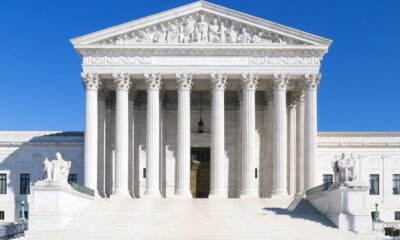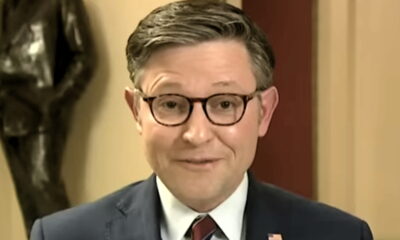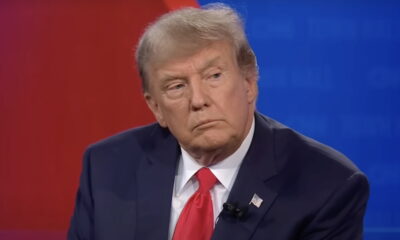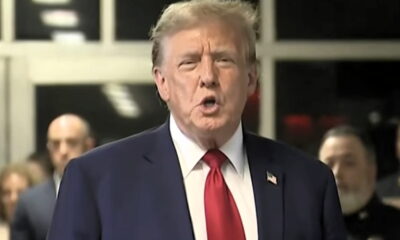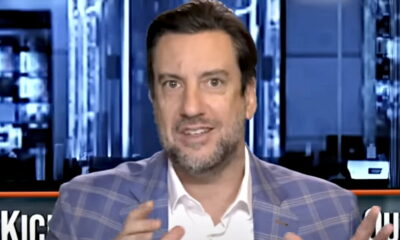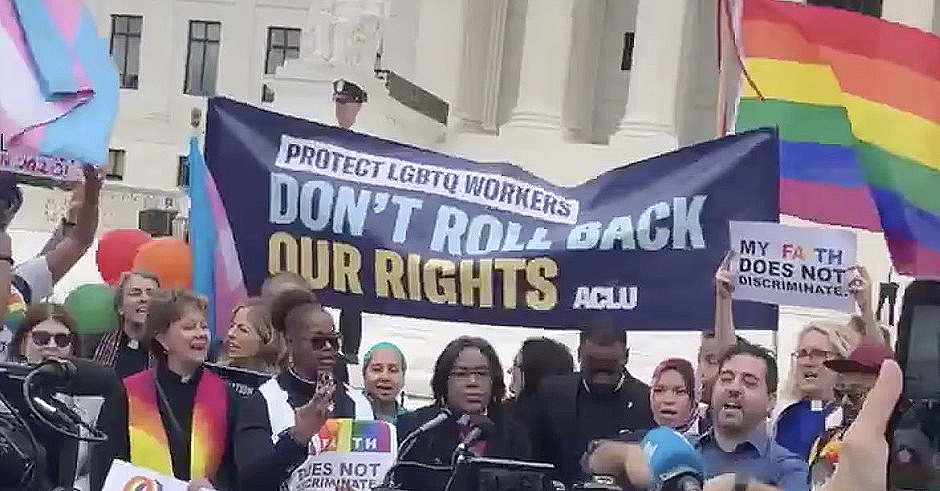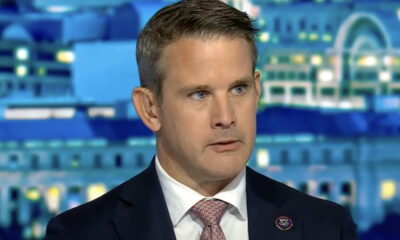ANTI-LGBTQ DISCRIMINATION IS SEX DISCRIMINATION
Conservative Justice Gorsuch’s Remark During Supreme Court Arguments May Give LGBTQ Activists and Allies Hope
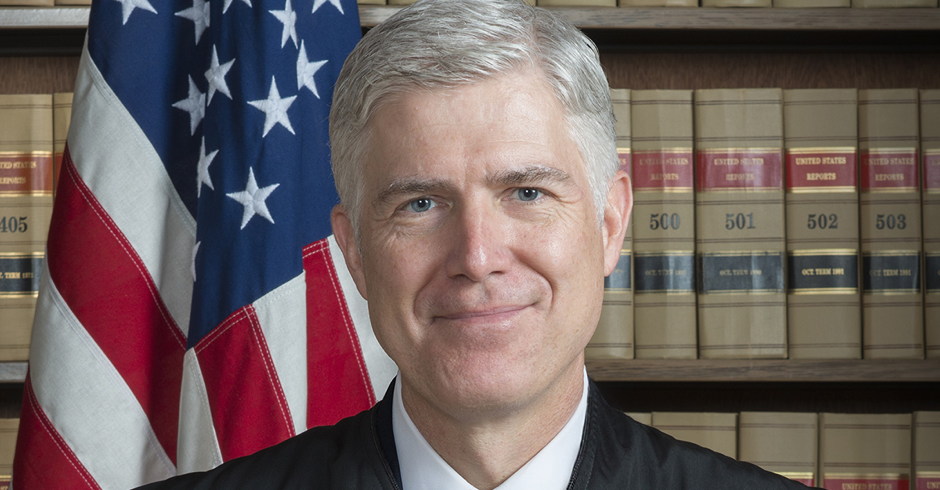
There is little news coming out of Tuesday morning’s Supreme Court oral arguments in three cases that will determine if LGBTQ people have equal rights or can be fired merely for being LGBTQ. But a surprise remark is giving some LGBTQ people a drop of hope. Conservative Justice Neil Gorsuch has at the very least given the appearance he just might understand that anti-gay discrimination is sex discrimination.
“First half of Scotus LGBT job-bias case suggests that gay-rights advocates have a least a chance of winning over Gorsuch (+ the four liberals),” tweets Bloomberg News Supreme Court reporter Greg Stohr. He sums up Gorsuch’s seemingly positive remark in this tweet:
Gorsuch says that when a person is fired because of sexual orientation, that person’s sex is at least a “contributing cause.”
— Greg Stohr (@GregStohr) October 8, 2019
At issue right now is Title VII of the Civil Rights Act of 1964, and if its stated ban on sex discrimination includes lesbian, gay, and bisexual people (the second hour of oral arguments focus on transgender workers’ rights).
But Gorsuch’s remark is deeper than what it says at face value.
Southern Methodist University Law School Professor Grant Hayden, who focuses on employment law, explains that it’s not an all-or-nothing issue. And he says if Gorsuch believes what he reportedly said, “that should be the ballgame” – presumably, a win for gay rights.
If Gorsuch believes this, that should be the ballgame. 🤞🏻
Title VII’s statutory language clearly prohibits conduct where sex was “a motivating factor,” even if other factors also contributed to the decision. https://t.co/Pb4IutPLMq— Grant Hayden (@GrantMHayden) October 8, 2019
Hayden says his legal view is that sexual orientation and transgender discrimination “is necessarily sex discrimination in violation of Title VII.”
Of course, no one know what will happen until the decision is handed down, presumably in June of 2020, but a glimmer of hope is better than none at all.
UPDATE: 12:59 PM ET –
MSNBC’s Pete Williams concurs that Gorsuch’s remarks may be the “best hope” for LGBTQ people.
Image via Wikimedia
Enjoy this piece?
… then let us make a small request. The New Civil Rights Movement depends on readers like you to meet our ongoing expenses and continue producing quality progressive journalism. Three Silicon Valley giants consume 70 percent of all online advertising dollars, so we need your help to continue doing what we do.
NCRM is independent. You won’t find mainstream media bias here. From unflinching coverage of religious extremism, to spotlighting efforts to roll back our rights, NCRM continues to speak truth to power. America needs independent voices like NCRM to be sure no one is forgotten.
Every reader contribution, whatever the amount, makes a tremendous difference. Help ensure NCRM remains independent long into the future. Support progressive journalism with a one-time contribution to NCRM, or click here to become a subscriber. Thank you. Click here to donate by check.
 |

